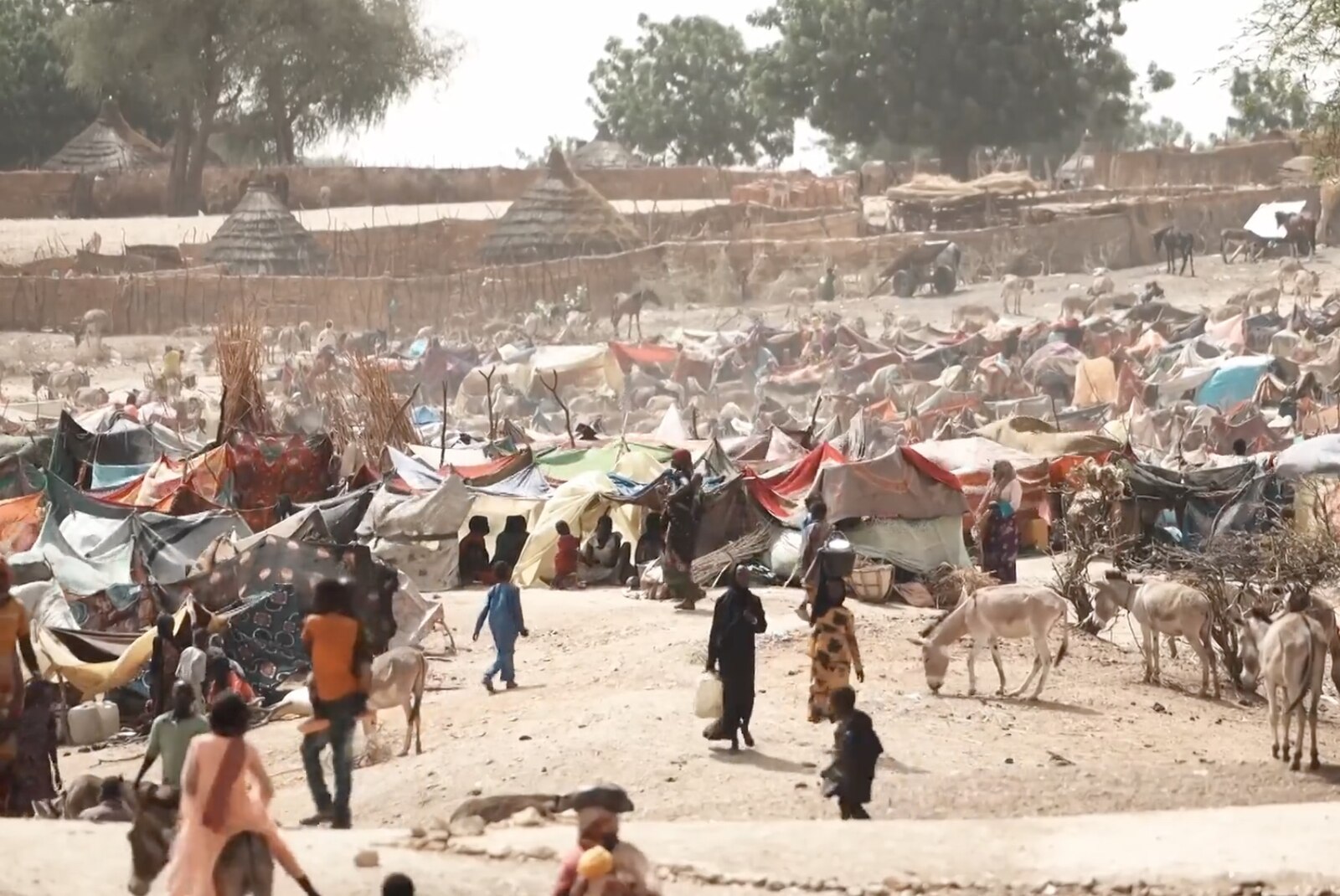Report: Sudan's Warring Generals Agree to Cease-Fire, Dialogue

The Facts
US Special Envoy for the Horn of Africa Mike Hammer stated at the Doha Forum on Monday that Sudan's Army Gen. Abdel Fattah al-Burhan and Gen. Mohamed Hamdan Dagalo, commander of the paramilitary Rapid Support Forces (RSF), have agreed to a cease-fire and a one-to-one meeting to end their months-long conflict.
This follows a statement from East Africa's regional bloc, the Intergovernmental Authority on Development (IGAD), that the warring generals committed to sign a cessation of hostilities and hold political dialogue within 15 days to pave the way for further confidence-building measures.
The Spin
Pro-establishment narrative
Despite US and Saudi-led efforts to halt violence, the warring sides have failed to agree on a truce so far. Therefore, this much-expected one-to-one meeting is likely to be a crucial step toward peace before foreign military influence from the Russian Wagner Group and the UAE further deepens the rivalry at the core of a crisis that has displaced millions amid fears of a regional spread of the conflict.
Establishment-critical narrative
Sudan's problems stem not from local warring factions who pop up out of nowhere — or even from Russia and the UAE — but rather from Western meddling dating back a century or more. The West, which is so "kindly" offering assistance today, has toyed with Sudan for decades solely to steal its resources and combat China's rise in the region, even supporting South Sudanese secession since the 1980s.

